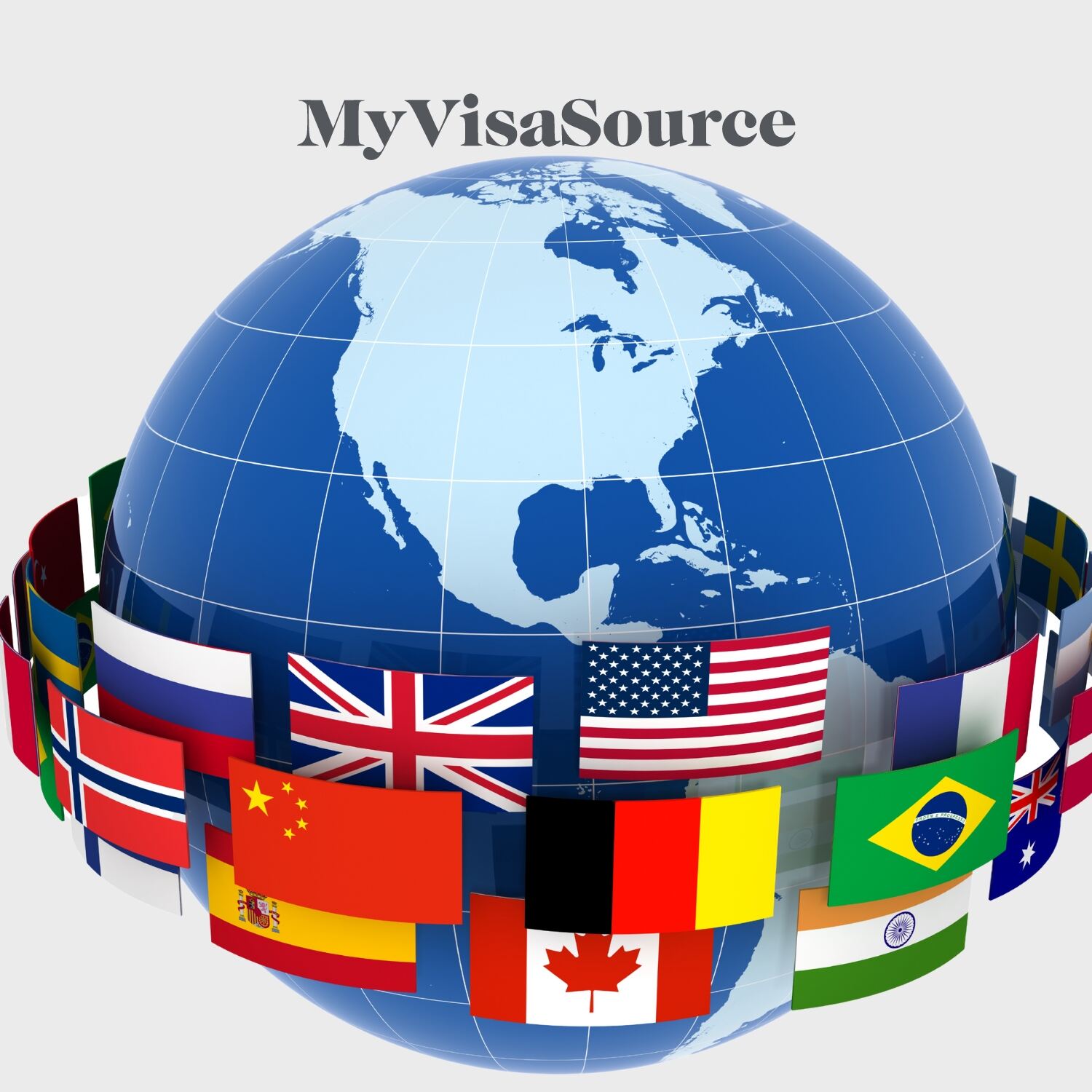When considering immigrating to Canada, one of the key factors that can significantly influence your success is your ability to communicate effectively in English or French. Language proficiency plays a crucial role in various aspects of Canadian immigration, including Express Entry, Provincial Nominee Programs (PNPs), and family sponsorship. In this guide, we will explore the significance of language requirements in Canadian immigration and provide valuable insights into navigating this essential aspect of the immigration process.
Understanding Language Requirements
Canada is officially a bilingual country with two official languages: English and French. To ensure successful integration into Canadian society and the labour market, the Canadian government has established language requirements for different immigration pathways. The most common language tests accepted by Canadian immigration authorities are the International English Language Testing System (IELTS) for English and the Test d'Évaluation de Français (TEF) for French.
Express Entry and Language Proficiency
Canada's Express Entry system is a popular immigration pathway for skilled workers. Language proficiency is crucial in the Comprehensive Ranking System (CRS) used to rank candidates in the Express Entry pool. Points are awarded based on your language skills in reading, writing, listening, and speaking. Higher language test scores can significantly enhance your CRS score and improve your odds of receiving an Invitation to Apply (ITA) for permanent residence.
Provincial Nominee Programs (PNPs) and Language Skills
Many provinces and territories in Canada have their own Provincial Nominee Programs (PNPs) designed to address specific labour market needs. Language proficiency requirements vary among different PNPs. Some may strongly emphasize language skills, while others may focus more on factors such as work experience or education. Researching the language requirements of the specific PNP you are interested in is crucial for a successful application.


















